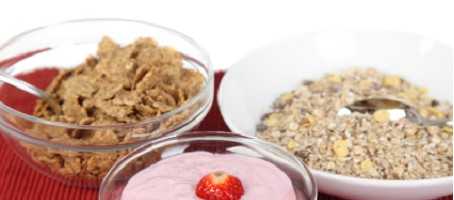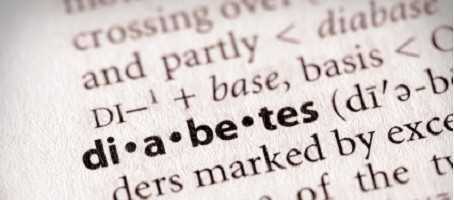All food and drink products that are high in sugar should be taxed in order to help tackle levels of childhood obesity.
That’s the message from campaign group Action on Sugar, which is calling for certain measures to be adopted to help discourage children from consuming sugary products and reduce rates of obesity in children.
Childhood obesity is a growing problem in the UK, with a fifth of 10 to 11-year-olds in the country now obese and a further 1 in 3 classed as overweight, according to the health campaigners. Left untreated, obesity greatly increases the risk of serious chronic conditions such as type 2 diabetes.
“Obesity in children leads to the premature development of cardiovascular disease, stroke, heart attacksheart attacks and heart failure, which are the commonest cause of death and disability in the UK, Action on Sugar chairma, Prof Graham MacGregor, said.
“Obesity predisposes to type 2 diabetes, which further increases the risk of cardiovascular disease and also, importantly, it can lead to severe complications. These are extremely expensive to manage, and will cripple the NHS if the increase in obesity and type 2 diabetes is not stopped immediately.”
Following a request from Health Secretary Jeremy Hunt, the group has put together a seven-point action plan for the government which calls for:
The introduction of a sugar tax to incentivise healthier food and discourage soft drink consumption.
A reduction in added sugars in food by 40% by 2020.
A 15% cut in fat, particularly saturated fat, in ultra-processed foods by 2020.
A ban on all forms of targeted marketing of ultra-processed, unhealthy foods and drinks to children.
A ban on sports sponsorships by junk/fast food companies to disassociate physical activity with obesity.
A restriction on the availability of ultra-processed foods and sweetened soft drinks, in addition to cutting portion sizes.
“Obesity is preventable if the food environment is changed, yet the current policies are not working,” Prof MacGregor added. “The UK requires the implementation of this coherent strategy, starting by setting incremental sugar reduction targets for soft drinks this summer. No delays, no excuses.”
Dr Aseem Malhotra, cardiologist and science director of Action on Sugar, commented: “It is really quite shameful that the food industry continues to spend billions in junk food advertising targeting children, the most vulnerable members of society. It’s time to bust the myth of physical activity and obesity and dissociate junk food and sport.”
A spokesman for the Department of Health agreed that more should be done to curb childhood obesity, and will consider the recommendations put forward next week.
Earlier this month, Action on Sugar, which works to highlight the harmful effects of a high sugar diet, warned that Britons are drinking sugar by the spoonful and some upmarket fizzy drinks such as San Pellegrino and Fentimans contain more sugar than cheaper brands such as Coca-Cola.






